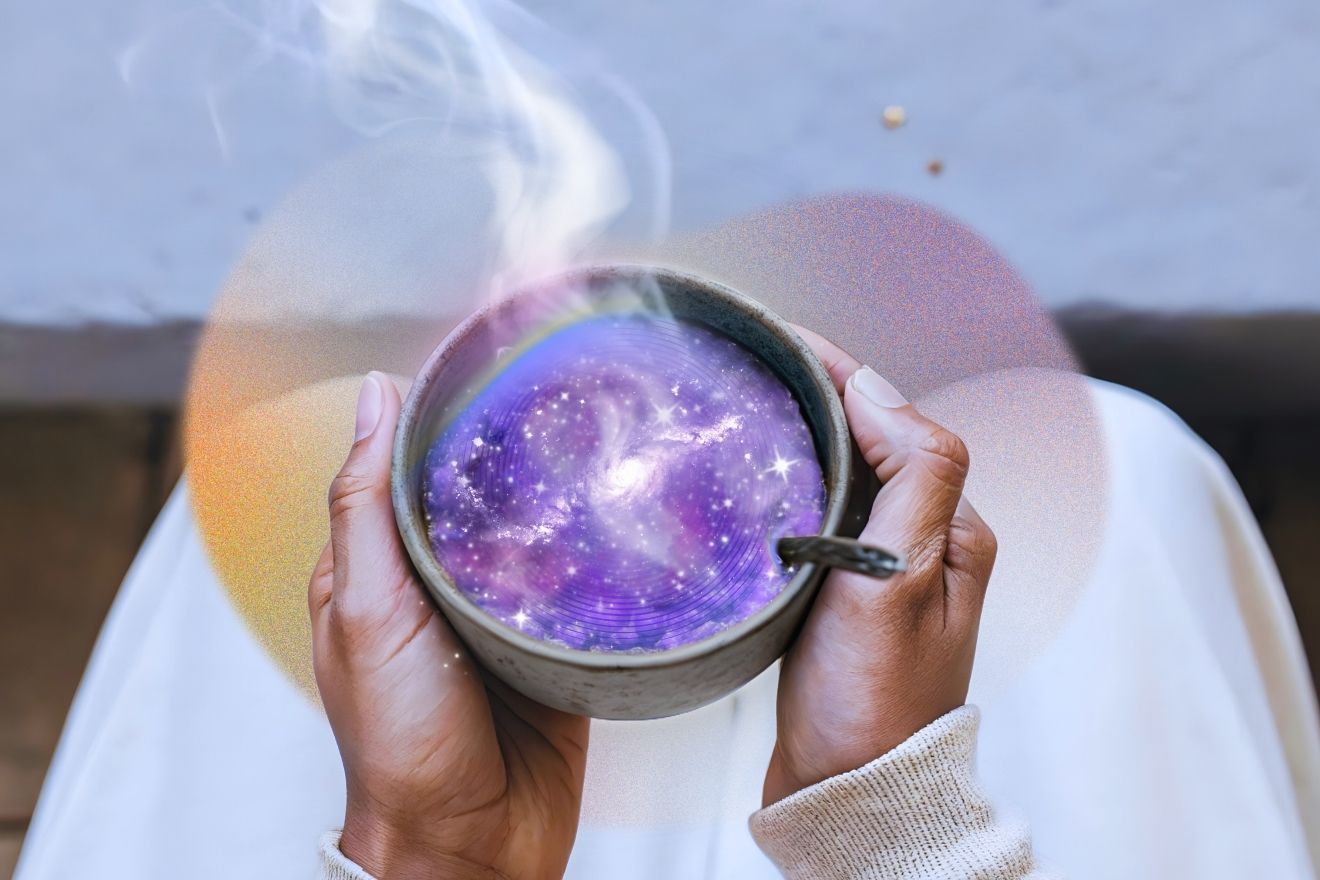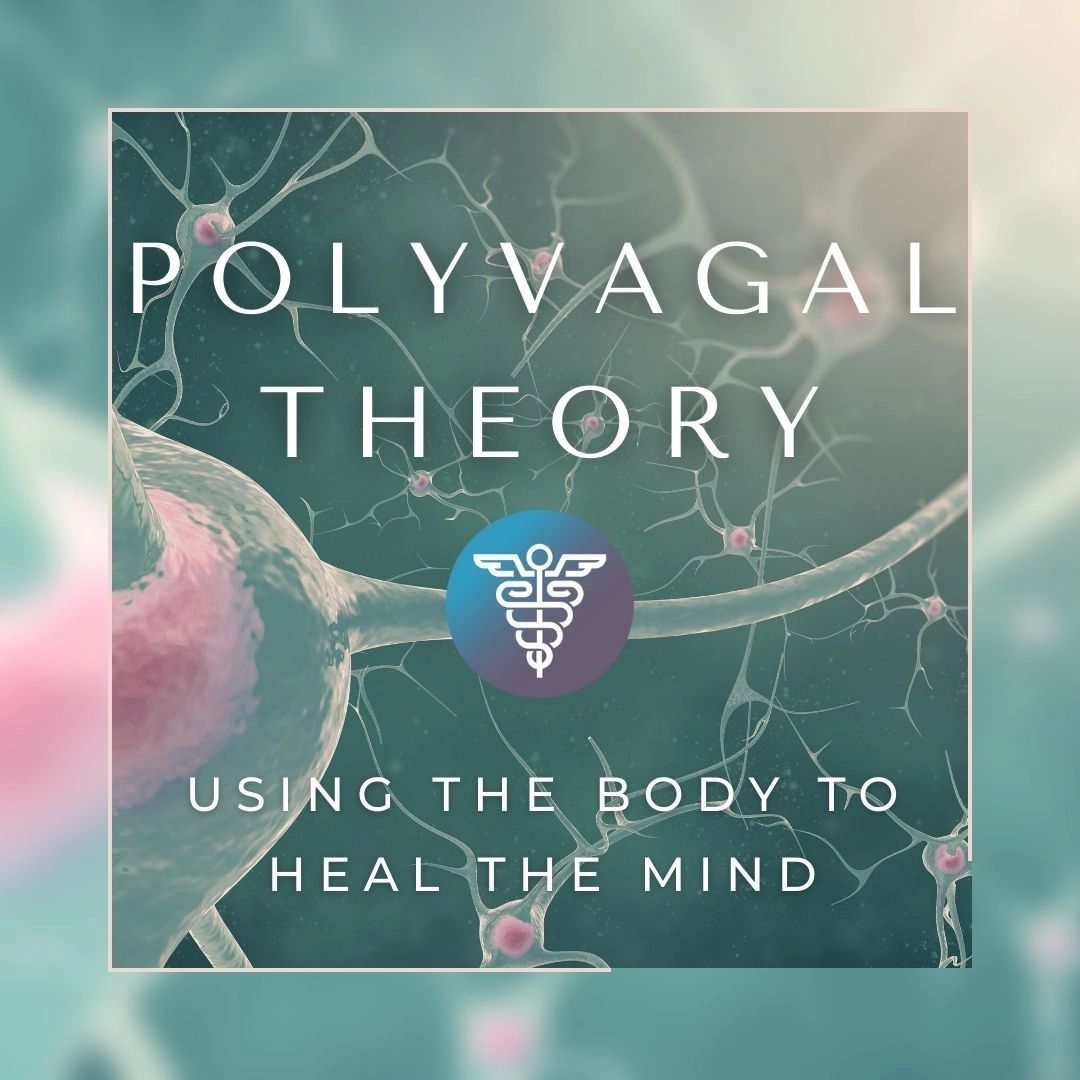This article recaps the Psychedelic Support webinar “Inflammation, Food, and Mood,” presented by integrative family doctor and educator Erica Zelfand, ND. In this session, Dr Zelfand explores how inflammation, nutrition, and mental health intersect—and how dietary choices can profoundly influence outcomes in psychedelic therapy. Drawing on her background in functional medicine and integrative mental health, Dr Zelfand invites a return to Hippocrates’ timeless advice: “Leave your drugs in the chemist’s pot if you can heal the patient with food.”
🎥 Watch the Webinar Replay: Inflammation, Food, and Mood with Erica Zelfand, ND
Food as Medicine—Even in Psychedelic Therapy
We often hear about psychedelics as breakthrough treatments for mood disorders, yet their potential is limited when disconnected from the broader context of mind-body health. Dr Erica Zelfand reminds us that healing doesn’t occur in isolation; nutrition, inflammation, and lifestyle choices form the basis for healing and transformation.
“Food is the most widely used and abused drug on the planet,” she explains early in the webinar. “If we want to heal mood, we must start by looking at what’s on our plates.”
The connection between inflammation and mental health is now well established. Chronic inflammation and oxidative stress can alter brain chemistry, disrupt the gut-brain axis, and amplify anxiety and depression. When psychedelic work takes place in an inflamed body, it can be like “planting seeds in toxic soil.” Dr Zelfand offers practical insight into how we can reduce inflammation to support clearer, more grounded healing experiences.
“Healing isn’t about adding more substances—it’s about nourishing what’s already here.”
— Erica Zelfand, ND
Inflammation, the Brain, and Mood
Dr Zelfand describes inflammation as the body’s smoke alarm—useful in acute situations, but damaging when left unchecked. Neuroinflammation can compromise neurotransmitter balance, affecting mood regulation and even the efficacy of psychedelic medicines.
Throughout the presentation, she explores how lifestyle factors—from ultra-processed foods to environmental toxins—contribute to ongoing inflammation and mental health challenges. By identifying and addressing these root causes, individuals can better prepare their bodies and minds for any healing modality, including psychedelics.
“Healing the gut and calming inflammation may do more for depression than any pill or plant medicine alone,” Dr Zelfand notes.
The Hidden Triggers: Processed Foods, Additives, and Toxins
Several common substances emerged as key culprits in mood disruption:
- Ultra-Processed Foods (UPFs): Engineered for hyper-palatable reward, UPFs contribute to addiction, obesity, and neuroinflammation.
- MSG and Aspartame: Both can overstimulate brain receptors and increase anxiety or brain fog in sensitive individuals.
- Advanced Glycation End Products (AGEs): Formed when we cook foods at high heat, AGEs generate oxidative stress that can affect both physical and emotional resilience.
- Glyphosate and Alcohol: Dr Zelfand reviews data linking these toxins to gut dysbiosis, brain inflammation, and impaired emotional regulation.
The takeaway: an anti-inflammatory diet—rich in whole, organic, unprocessed foods—can dramatically improve both baseline mental health and psychedelic integration.
Further Reading: Nourishing the Body-Mind Connection
Explore more on how physiology, spirituality, and integration shape the healing process:
- Health, Nutrition, & Psychedelics — How food and metabolism influence psychedelic outcomes.
- The Fascinating Connection of Psychedelic Medicine and the Gut-Brain Axis — Understanding how microbes and mood interrelate in psychedelic work.
- Eco-Informed Therapy and Psychedelics — How reconnecting with nature supports mental and ecological healing.
- Somatic Therapy and Psychedelic Integration — Grounding insight through body-based awareness.
- Preparing the Body for Psychedelic Experiences — Practical guidance on readiness, safety, and physical care.
Blood Sugar and Mood
Few factors impact mood as rapidly as blood sugar. Spikes and crashes can mimic symptoms of anxiety, irritability, or depression. Over time, insulin resistance and weight gain also fuel systemic inflammation.
Dr Zelfand recommends stabilizing blood sugar by eating balanced meals that contain protein, healthy fats, and fiber. She notes that mindfulness and psychedelic experiences can lose traction if the body is constantly cycling through peaks and crashes of glucose.
“When blood sugar is balanced,” she says, “the nervous system can relax—and that’s when real change can happen.”
Eating for Happiness
Toward the end of the webinar, Dr Zelfand outlines guidelines for eating for happiness, integrating modern nutritional science with holistic wisdom:
- Focus on whole, colorful foods—fruits, vegetables, nuts, seeds, and sustainably raised proteins.
- Avoid ultra-processed products with long ingredient lists.
- Reduce inflammatory oils, refined sugars, and artificial sweeteners.
- Support the gut microbiome with fermented foods and fiber.
- Hydrate adequately and move your body daily.
Follow your Curiosity
Sign up to receive our free psychedelic courses, 45 page eBook, and special offers delivered to your inbox.Each of these practices not only supports mood but also helps the body metabolize psychedelics safely and effectively, reducing potential side effects.
The Pillars of Health
In closing, Dr Zelfand emphasizes that food is only one piece of a larger framework she calls the Pillars of Health: nutrition, sleep, movement, stress reduction, relationships, and purpose. Psychedelics can help illuminate imbalances across these pillars, but lasting healing depends on how we care for ourselves afterward.
“You aren’t broken,” she reminds viewers. “You can heal. But it takes time, awareness, and nourishment—on every level.”
This integrative approach situates psychedelics within a comprehensive healing ecosystem, where biochemical, psychological, and spiritual processes work in harmony.
Learn more or enroll here:
Closing Reflection
Dr Zelfand’s message brings the conversation on psychedelics back to the basics of being human: how we eat, move, sleep, and care for ourselves. By addressing inflammation and feeding the body with intention, we create conditions for the mind to thrive—and for psychedelic work to unfold more safely and sustainably.
As she concludes: “Healing isn’t about adding more substances—it’s about nourishing what’s already here.”
Watch the full replay: https://youtu.be/XMK2yfx4Xpo
About Dr Erica Zelfand, ND
Erica Zelfand, ND, is a licensed family doctor specializing in integrative mental health and functional medicine—including ketamine and other psychedelic-assisted therapies. She serves as CEO of the nonprofit Right to Heal. She is a lead educator in the first legal, licensed psilocybin facilitator training program in the U.S. Dr Zelfand also leads practicum training retreats for psychedelic providers to deepen their clinical and relational skills. Her favorite medicine, she says, is food.
Find her at DrZelfand.com and RighttoHeal.com.
Resources from the Webinar
🌐 Connect with Dr Zelfand & Resources Shared in the Webinar:
- Visit Dr Zelfand’s Website at DrZelfand.com
- Find out more about the Right to Heal nonprofit
- Get the Slides and References from the webinar
- Read Dr Zelfand’s article, Supplements to Reduce Side Effects of MDMA
- Check out All Articles by Dr Zelfand on Psychedelic Support
🎓 Courses by Dr Zelfand, Featured Courses from Psychedelic Support & Continuing Education:
- Dr Zelfand’s Psychedelic Counseling: The Foundations of “Trip Sitting”
- Dr Zelfand’s Polyvagal Theory & Using the Body to Heal the Mind
- Dr Zelfand’s Microdosing Psilocybin & LSD: What We Know So Far
- Free Harm Reduction Course: Riding the Wave
- Earn CE/CME credits through Psychedelic Support’s Continuing Education Series
💡 Key Takeaways from the Webinar:
- Inflammation, oxidative stress, and toxins can harm the brain and nervous system and contribute to mental health issues. Nutrition, lifestyle, exercise, and other tools can help reduce inflammation.
- Ultra-processed foods are highly inflammatory and can contribute to depression, anxiety, and other mental health conditions. Food manufacturers engineer them to be addictive.
- Other inflammatory foods and substances discussed include MSG, aspartame, advanced glycation end products, alcohol, and glyphosate.
- Managing blood sugar, reducing insulin resistance, and being mindful of obesity can also help reduce inflammation.
- Stress reduction through activities such as exercise and meditation is essential for mental health, alongside diet.
- An anti-inflammatory diet focuses on whole, organic foods.









